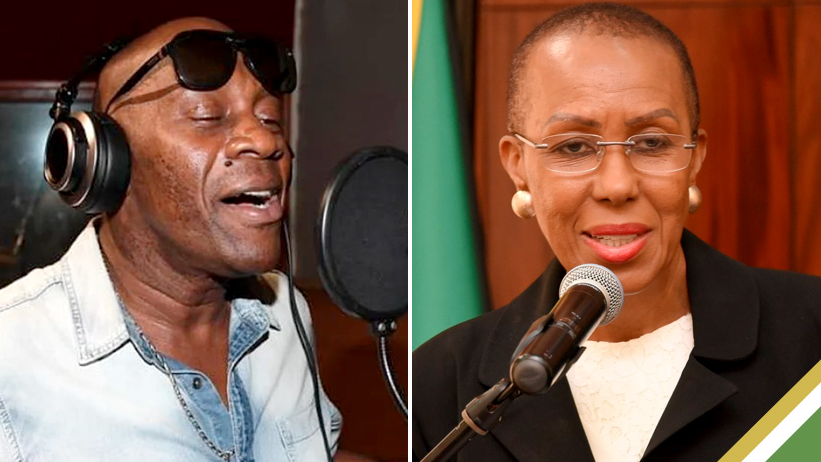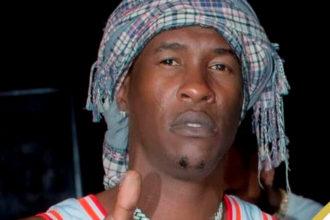Jamaican singer George Nooks has recently voiced his concern over the potential link between contemporary popular music and the rising violence in schools across the island. Speaking at a Mother’s Day concert, Nooks suggested that the content of modern songs, often laden with aggressive and violent themes, could be influencing the behaviour of young listeners. While he acknowledged that entertainers are not solely responsible for the increase in violence, he emphasized their significant role in shaping young minds through their music.
Nooks pointed out that artists often profit from creating music with destructive messages, urging them to shift towards more positive and uplifting content. This call to action aligns with the growing societal concern about the impact of violent media on youth behaviour, as evidenced by numerous studies linking exposure to violent music with increased aggression, anxiety, and poor academic performance among young people.
Education Minister Fayval Williams echoed Nooks’ sentiments during a recent sectoral debate, where she discussed the correlation between lewd music and the surge in school violence. Williams highlighted the urgent need to address the content that students are exposed to, suggesting that the glorification of violence in music could be normalizing aggressive behaviour and contributing to the overall decline in student discipline. Her statements have reignited discussions about possibly banning artists whose lyrics promote violence, reminiscent of the earlier campaign that led to the signing of the Reggae Compassionate Act.
The concerns raised by both Nooks and Minister Williams underscore the complex relationship between music and youth behaviour. While music remains a powerful medium for self-expression and cultural reflection, its potential to influence young minds negatively cannot be overlooked. As Jamaica grapples with increasing school violence, it becomes imperative for parents, educators, and entertainers to collaborate in fostering a more positive and supportive environment for the nation’s youth.













